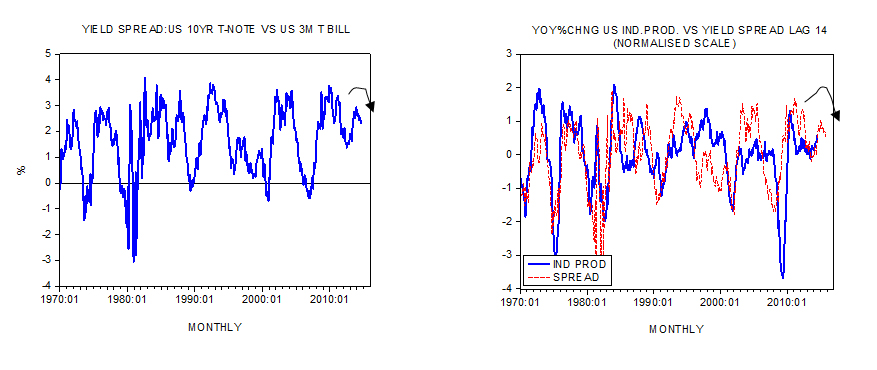Another excellent piece from the pen of Liam Halligan, in today’s Telegraph, describing the woeful under-reporting of the thoughts of Mervyn King, the Governor of the Bank of England:
Despite these realities, profligate “Keynesian” solutions are being peddled by economically-illiterate politicians and their academic courtiers…
…When speaking in New York on Monday, King savaged the bailed-out investment banks, accusing them of “financial alchemy”. The previous and on-going dependence of many such institutions on short-term debt he dismissed as “extraordinary – indeed, absurd”…
…But it was King’s description of the Western banking system as a whole that packed the biggest punch. “Of all the many ways of organising banking,” he remarked, “the worst is the one we have today.”
As Halligan states in his piece, this parting shot from King may be the one that eventually rings out around the world.
For those who want to peruse the whole King speech, here is the full PDF text, much of which appears to have been written by Toby Baxendale.
I actually like the phrase King uses just before the line reported above:
But I am reminded of Keynes’ dictum that “practical men who believe themselves to be quite exempt from any intellectual influence are usually the slaves of some defunct economist”. Of all the many ways of organising banking, the worst is the one we have today.
Mervyn King, “Banking: From Bagehot to Basel, and Back Again”, New York, Monday 25 October 2010
King, it would appear, is breaking cover.
This might indicate that not only has King been secretly reading Baxendale, but that he has also been watching the following video and wanted to provide me with another flimsy excuse to publicise it:




I hope that Mervyn King’s speech is perhaps the accidental revolutionist kickoff to what may become significant banking and monetary reforms.
He previously promoted the ideas of Lawrence Kotlikoff on narrow banking, or his Limited Purpose Banking proposal.
These are to me reflective of Irving Fisher’s 100 Percent Money proposals from way back when.
The beauty of this way of looking at things today is they are a complete rejection of the privately-coveted fractional-reserve banking system, where private powers are created along with the money supply.
While your specific objections might be along the line of the monopoly of the power of money-creation, mine is with the private nature of that monopoly power.
Hopefully, we have crossed a certain threshold here, where the issue of how we create national currencies in a full-reserve banking regime can come to the fore.
I enjoy your very thoughtful commentaries on this site, while remaining in the camp of a government monopoly of a fiat currency system – providing the level playing field that Friedman advocated in his fiscal and monetary framework.
Thanks.